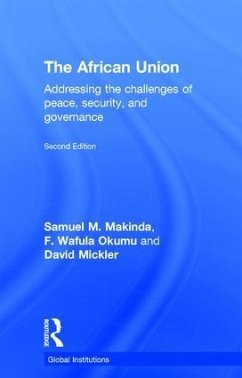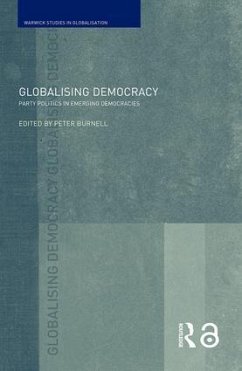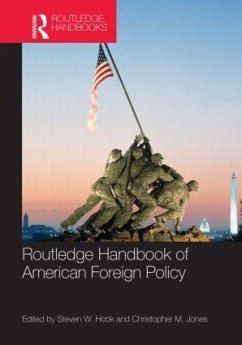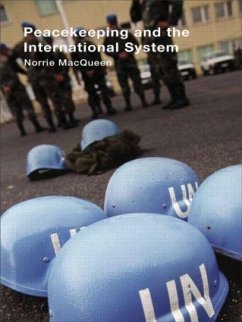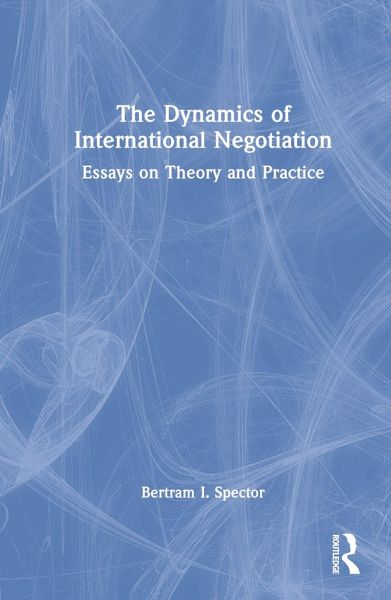
The Dynamics of International Negotiation
Essays on Theory and Practice
Versandkostenfrei!
Versandfertig in 1-2 Wochen
167,99 €
inkl. MwSt.
Weitere Ausgaben:

PAYBACK Punkte
84 °P sammeln!
This book explores the dynamics of international negotiations from the perspectives of researchers and practical negotiators. Reinforcing the idea that the study of negotiation is not merely an academic endeavor, the essays reflect the author's lifetime experiences as a negotiation researcher and provider of analytical support to international negotiation teams. Addressing a wide range of critical issues, such as creativity and experimentation, psychological dynamics, avoiding incomplete agreements, engineering the negotiation context, reframing negotiations for development conflicts, understa...
This book explores the dynamics of international negotiations from the perspectives of researchers and practical negotiators. Reinforcing the idea that the study of negotiation is not merely an academic endeavor, the essays reflect the author's lifetime experiences as a negotiation researcher and provider of analytical support to international negotiation teams. Addressing a wide range of critical issues, such as creativity and experimentation, psychological dynamics, avoiding incomplete agreements, engineering the negotiation context, reframing negotiations for development conflicts, understanding what matters when implementing agreements, utilizing decision support systems, engaging new actors, and expanding core values, each chapter opens new doors on our conceptual and practical understanding of international negotiations. The author introduces new ways of understanding and explaining the negotiation process from different intellectual perspectives. The goal of this book is to resolve many critical unanswered questions by stimulating new research on these dynamics and developing new approaches that can help negotiation practitioners be more effective. The book will be used in university courses on international negotiation and conflict resolution, and provide a useful resource for researchers, policymakers, practitioners, NGOs, donor organizations, and grant-giving organizations.





